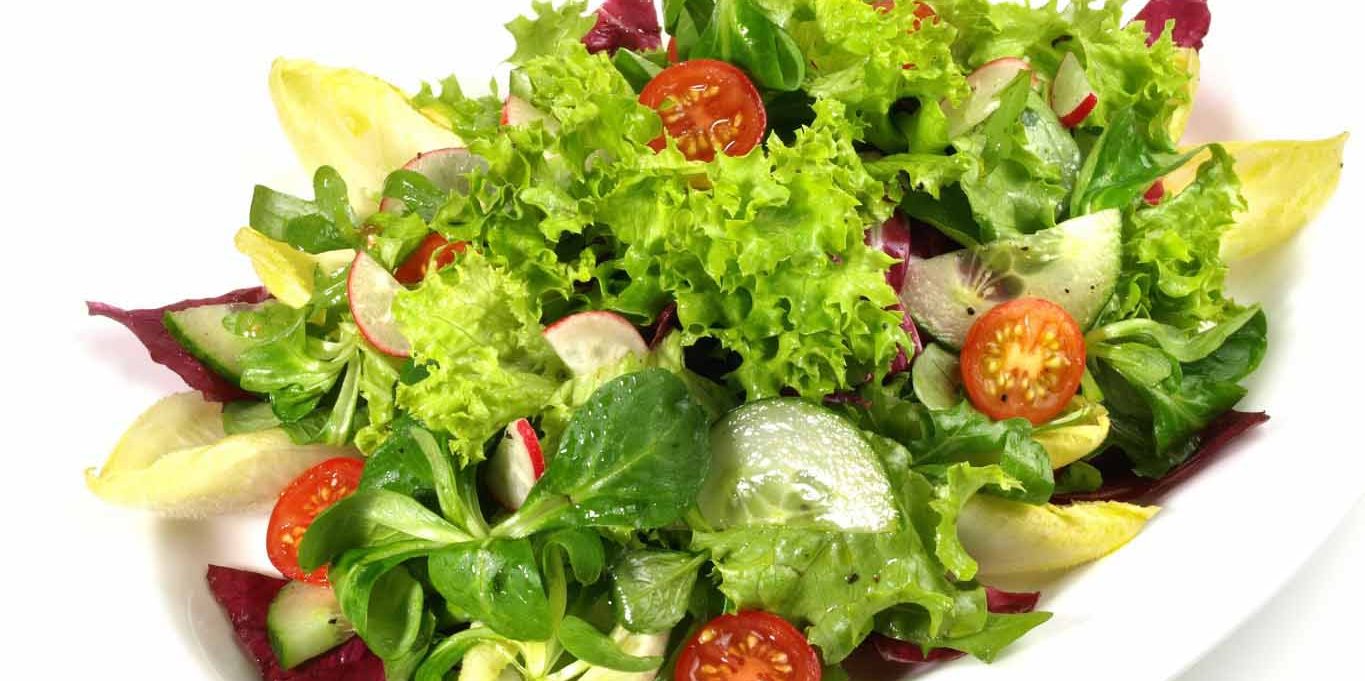AMEY JOSHI
Shravan is one of the most auspicious months of the Hindu calendar. The holy month has already started from Monday, July 24, which was observed as the 1st ‘Shravan Somaar’. Fasting on Mondays is a ritual that is followed by most devotees of lord Shiva during the holy month. Devotees take early morning bath and visit Shiva temples. Married women fast to seek the blessings for the wellbeing of their family.
The various festivals celebrated during the holy month are Nag Panchami, Narali Pournima, Raksha Bandhan, Janmashtami, Gopal Kala and Pole.
Shravan or Sawan Maas is also associated with the monsoons which are crucial for the harvesting of crops.
In Shravan, some people fast only on Shravan Somaars while some people fast throughout the month. Hindus follow a complete vegetarian diet during Shravan. Some people observe fast by eating fruits, milk, curd, buttermilk and dry fruits.
Fasting during the month of Shravan brings many health benefits for our body. The vital organs of the body get much needed rest. These organs work hard throughout the year to keep us healthy, therefore Shravan month acts like an off-season for these organs.
This is the month in which the monsoons are in full blast. Along with cool and pleasant surroundings, the rains also bring a whole lot of water borne diseases with them. The general hygiene is bad and you never know what infection you might catch. Consuming non-veg during this month increases the risk of being infected.
Observing fast and going vegan during Shravan also helps to keep several infecting germs, which breed during monsoons, out from our body.
Suffering from indigestion or stomach problems is quite common during monsoon season. Fasting acts like a readjustment for the smooth functioning of the digestive system.
There are several other health benefits that fasting once a week or month can have on the bodies.
The main aim of fasting is to detoxify your body. Following a proper diet plan can give one a feeling of satisfaction and also a feel of being healthy. People fasting should take lots of fruits and liquids. It is important that one should plan meals in a way that enough energy is generated for the body to sustain throughout the day.
The diet schedule is disturbed due to fasting, because of which one may develop constipation. To avoid this, one has to drink at least 8-10 glasses of water during the day.
On the whole, Shravan is not just a month of religious importance but it also plays a significant role to upgrade ones health and fitness. The month of Ramzan in Islam and Lent in Christianity play a similar role of enriching ones soul and body.
Following is a sample diet plan for people observing a Shravan fast
Early Morning
Glass of warm water with a teaspoon of honey.
Breakfast
A glass of milk shake with any fruit
Mid-morning
mixed juice – 1 glass/ walnuts and almonds
Lunch
Sabudana kichdi or boiled potatoes along with bowl of salad
Evening
Green tea or lime water or coconut water
Dinner
Bowl of soup+ 2 chapatis with vegetables and bowl of dal
Post dinner
Any fruit
Bed time
1cup of skimmed milk





























